
Louisiana Sent Kids to Adult Jail That Violated Scores of Regulations, Reports Say
Investigators found the Jackson Parish Jail violated state rules 83 times between July and February—almost 12 times more than the second-worst lockup.

Investigators found the Jackson Parish Jail violated state rules 83 times between July and February—almost 12 times more than the second-worst lockup.
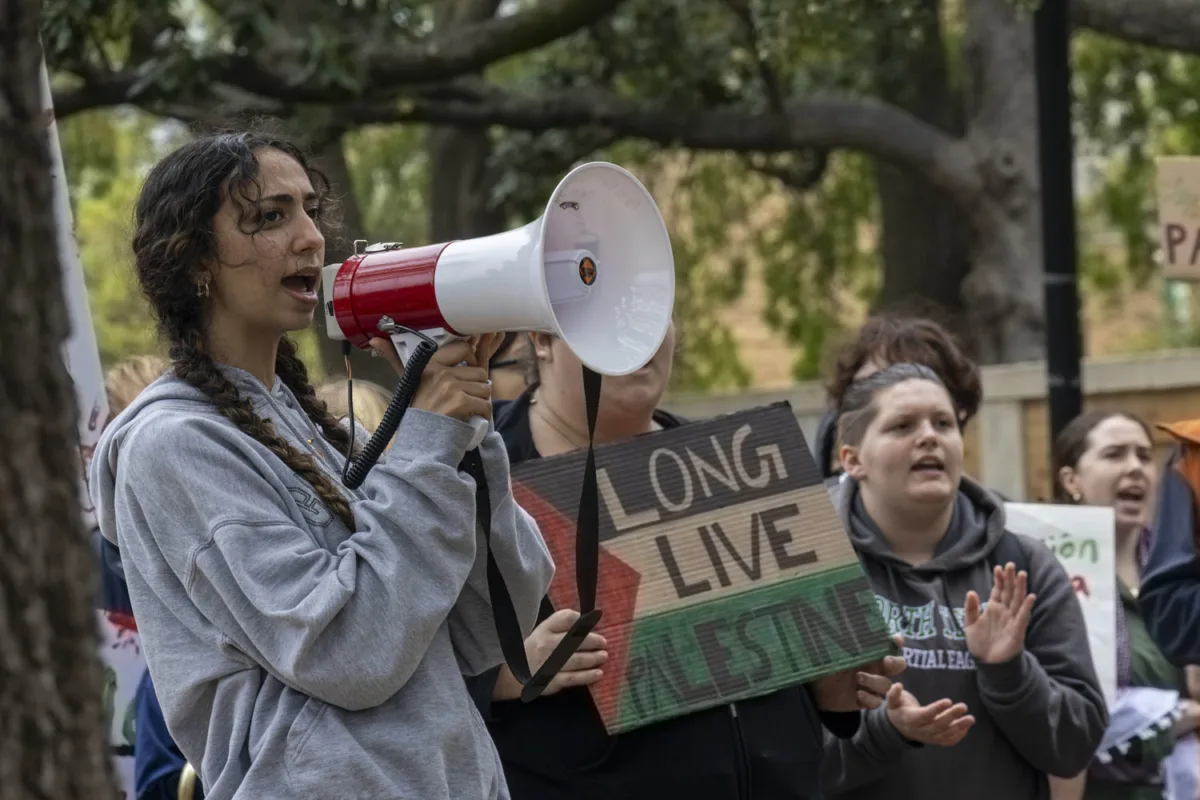
In five jurisdictions reviewed by The Appeal, prosecutors have filed or are considering filing 187 charges against 66 protesters—including alleged hate crimes on cops, mob action, and attempted ethnic intimidation.
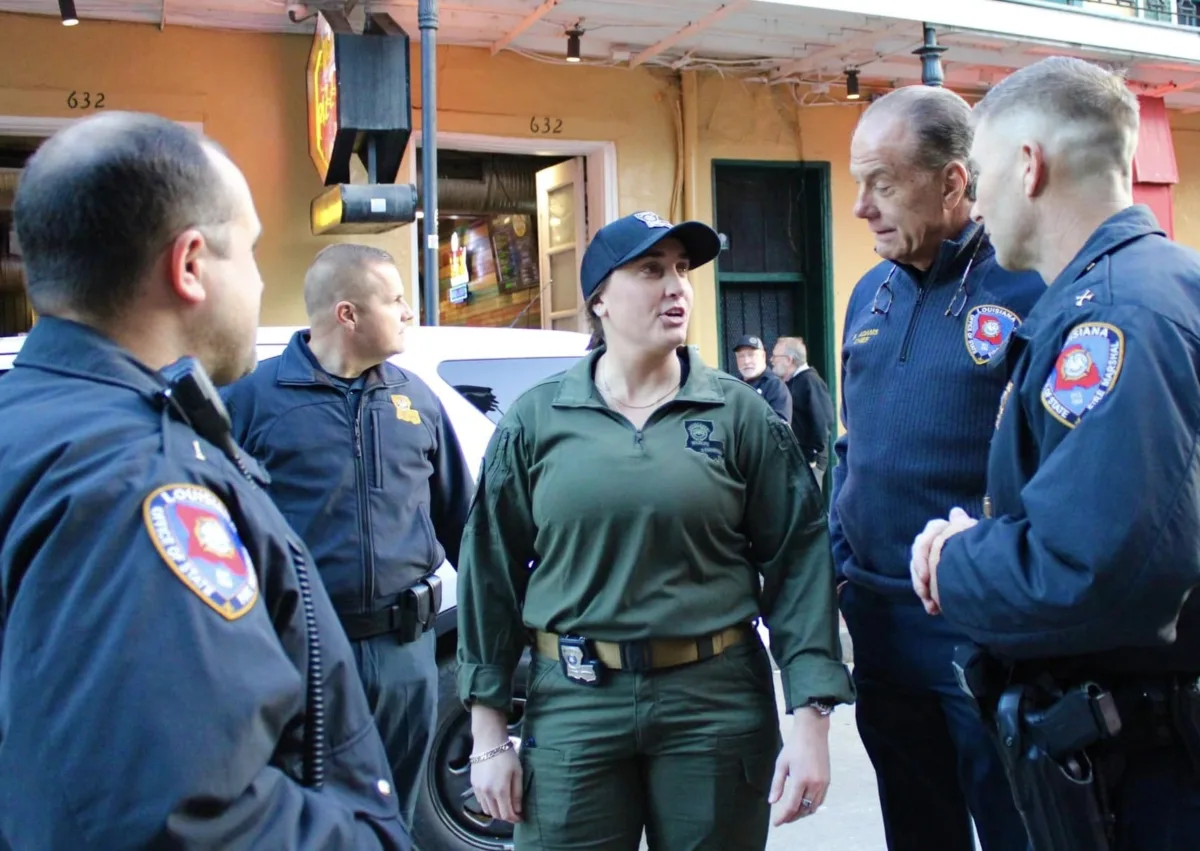
Madison Sheahan’s Wildlife and Fisheries officers sent unhoused people to a New Orleans warehouse. What does that mean for the future?
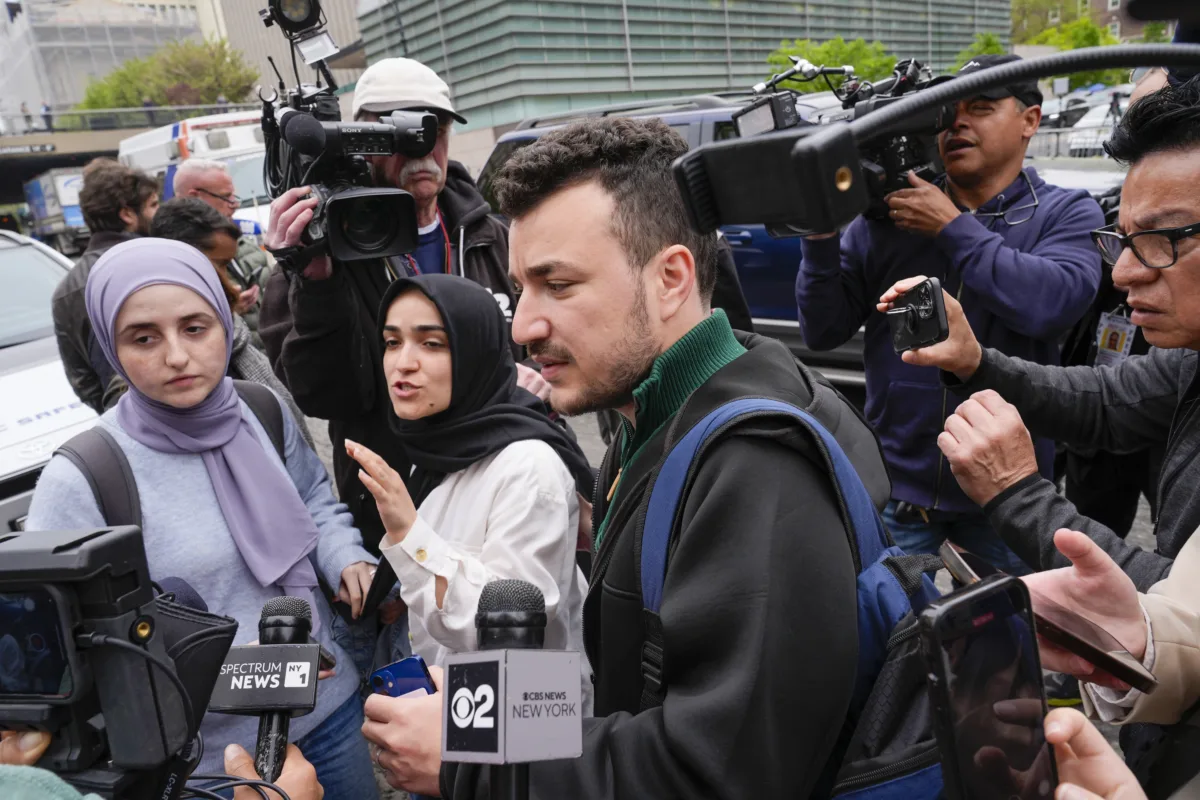
Inspections have found repeated violations of federal standards at GEO Group’s Central Louisiana ICE Processing Facility.
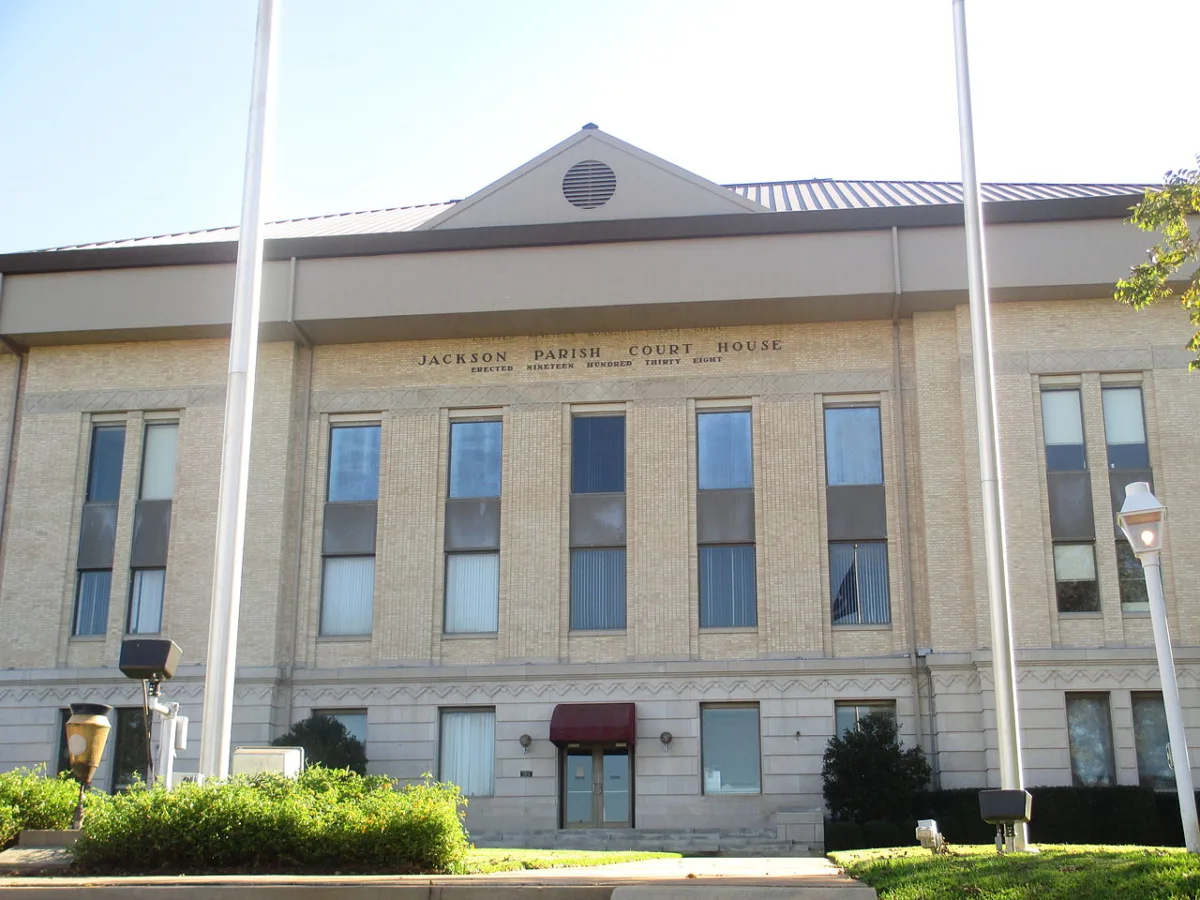
Louisiana moved detained children from the infamous Angola prison to an adult lockup in Jackson Parish. They say the abuse has continued.
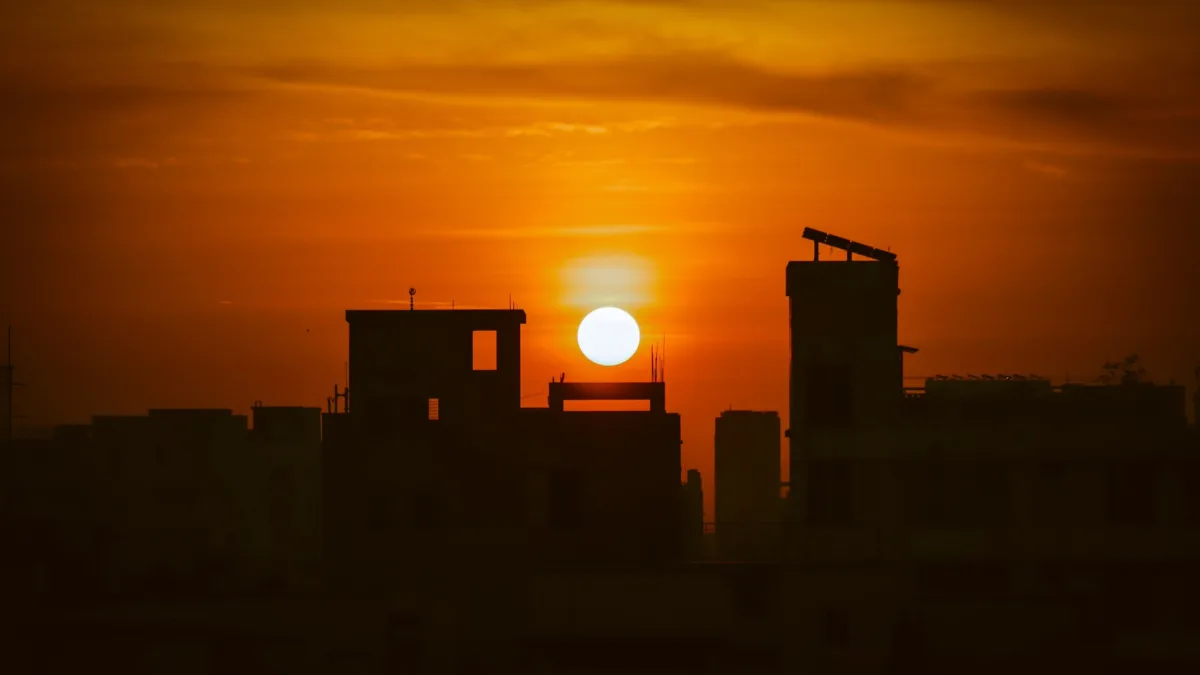
With heat waves sweeping across the country, incarcerated people in states with traditionally milder climates are facing brutal conditions that have long plagued the South and Southwest. A survey by The Appeal reveals that many of the hottest states house prisoners in units without air-conditioning.
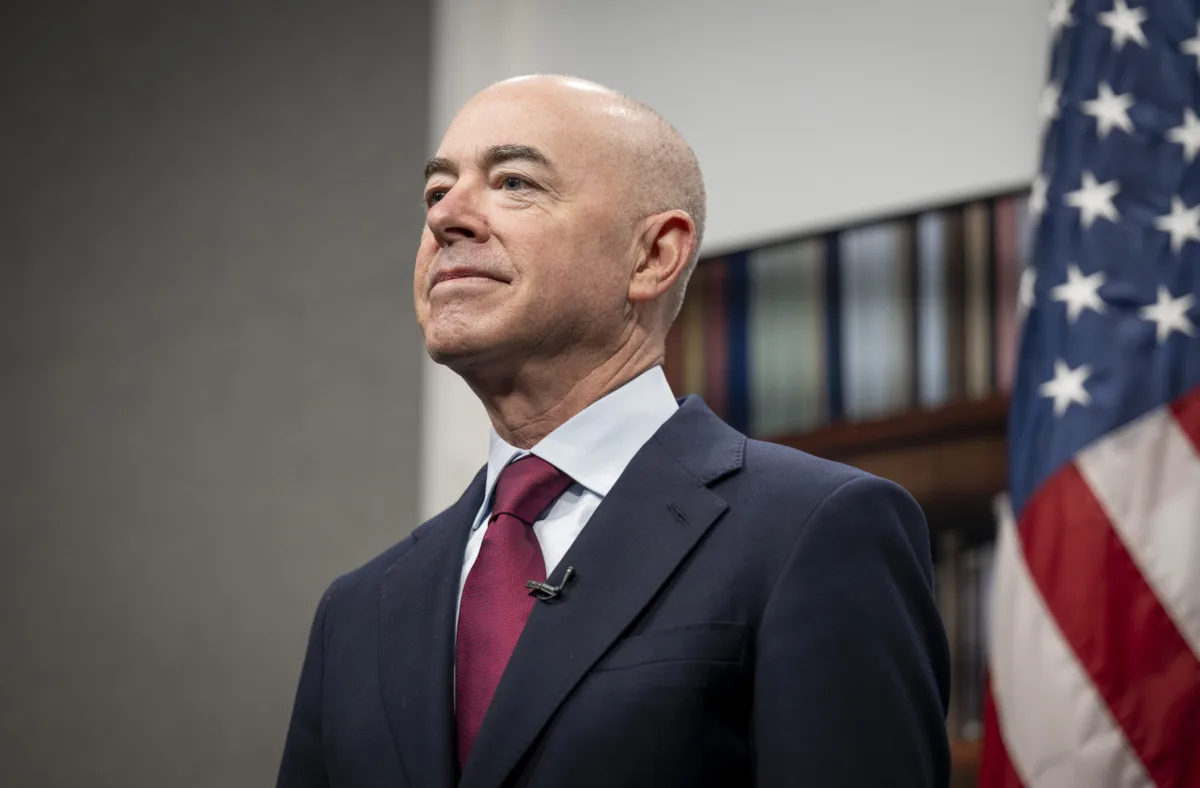
The Appeal found a systemic culture of abuse and mismanagement at the Winn Correctional Center, an ICE jail in Louisiana. Biden’s administration has kept people detained there against the wishes of government investigators and multiple U.S. senators.

Incarcerated laborers on Angola’s Farm Line face “substantial risk of injury or death” during extreme heat, a federal judge ruled this week, ordering corrections officials to make policy changes to “preserve human health and safety.”

Multiple states have created a new crime called “abortion trafficking,” which makes it illegal for adults to transport minors to get abortions without parental consent. Others are trying to restrict abortion medications or out-of-state travel.
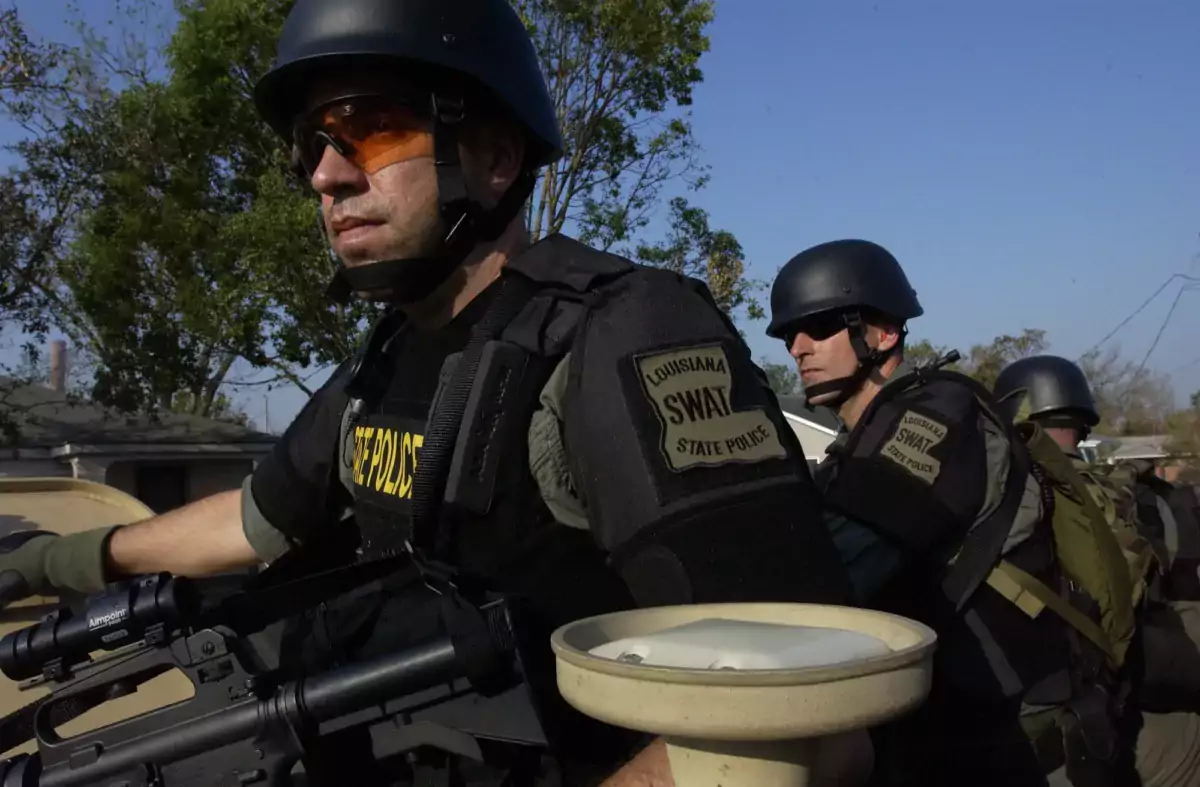
Lawmakers tried and failed to track “wandering officers.” But state regulators also refuse to release data that would help journalists and the public do so.

The ACLU sued the state after it moved children to the former death row unit at the notorious Angola prison. But a court filing says the kids have faced abuse in their new facility, too.

The state’s youth incarceration agency entered into a two-year contract with the Jackson Parish Jail to lock up children—some of whom have been incarcerated at Angola, the state’s most notorious prison.

One boy detained at Louisiana’s Jackson Parish Correctional Center said children were maced and then forced to sit outside for hours.

State officials have appealed a federal judge’s removal order and are continuing their fight to lock up children on the grounds of the maximum security prison.
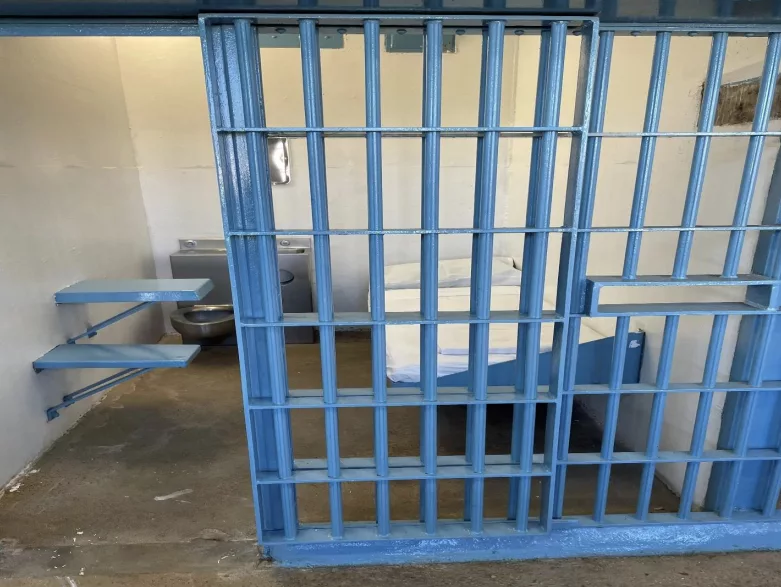
The state argues there would be a “near certainty” of “serious bodily injury” to children, staff, and the public if kids are transferred out of the prison.

Children in the former death row unit at Angola, one of the nation’s most infamous prisons, have been locked in solitary confinement, shackled while they eat and play, and attacked by guards.
As advocates fight to provide relief to incarcerated people, officials are resisting many measures that could help prisoners combat the heat.

With heat indexes in the area regularly hitting triple digits, children incarcerated at Louisiana’s Angola prison have been locked in windowless cells for nearly 24 hours a day. One medical expert says the conditions put lives at risk.

Last year, the Louisiana Office of Juvenile Justice began transferring children to Angola, the state’s most notorious prison. Since then, kids say they’ve suffered through horrific conditions and routine mistreatment.

On Election Day, voters in Alabama, Louisiana, Oregon, Tennessee, and Vermont will decide whether to close loopholes in their state constitutions allowing the forced labor of incarcerated people.
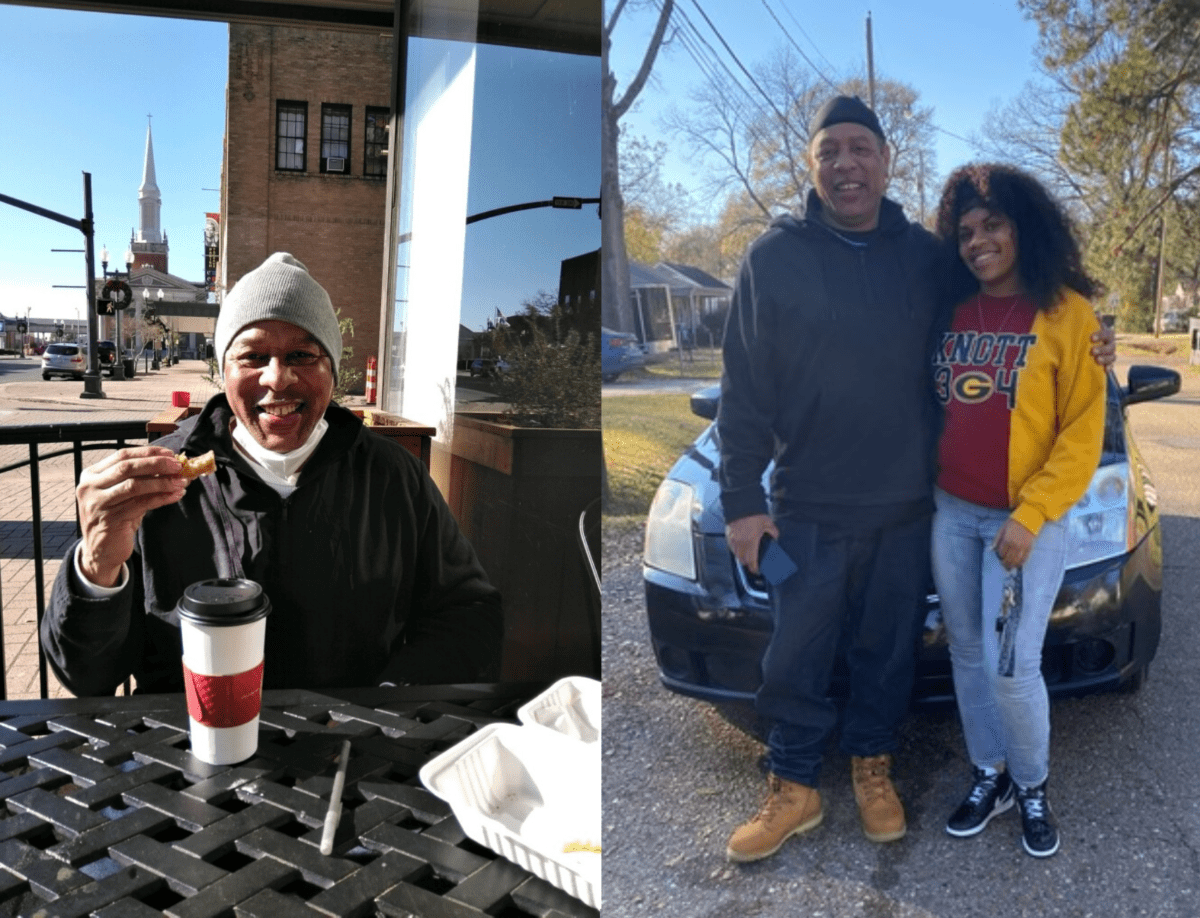
Data obtained by The Appeal show nearly 2,000 people in Mississippi and Louisiana are serving long—and sometimes life—sentences after they were labeled “habitual offenders.” But most are behind bars for small crimes like drug possession.
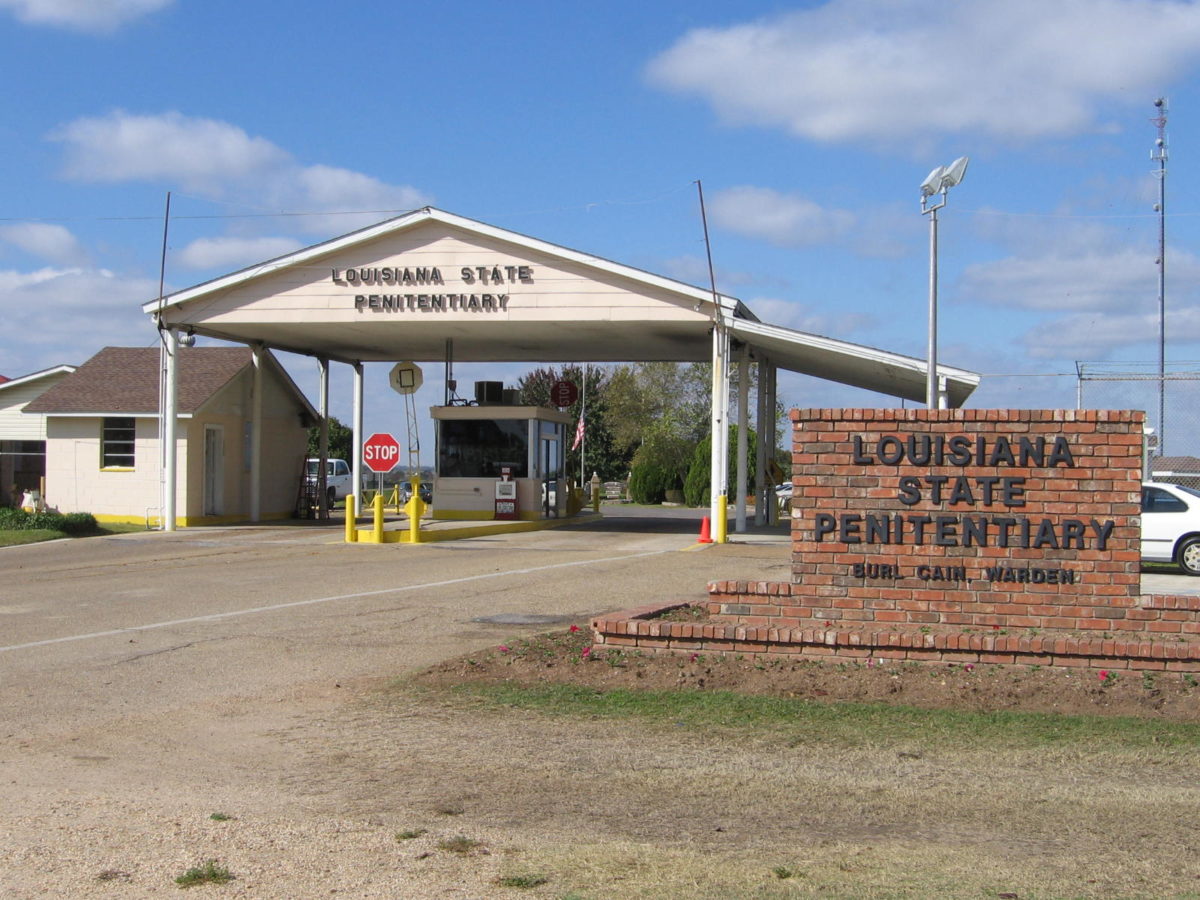
An upcoming court ruling could decide the fate of a plan to detain “problematic youth” at a facility that previously housed prisoners awaiting execution.
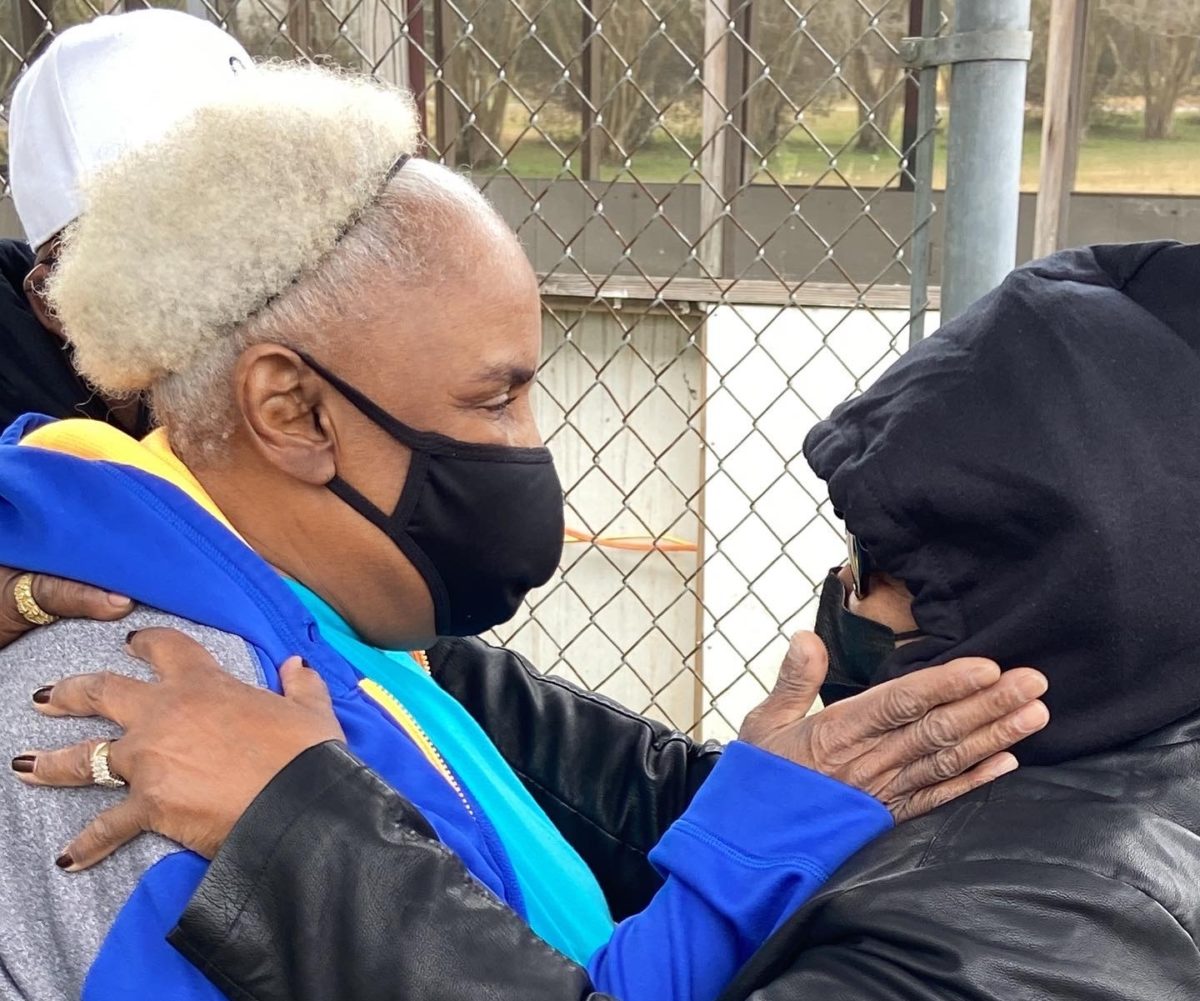
Gloria Williams, who became known as “Mama Glo” behind bars, was released Tuesday, more than two years after the state parole board first recommended that her sentence be commuted.
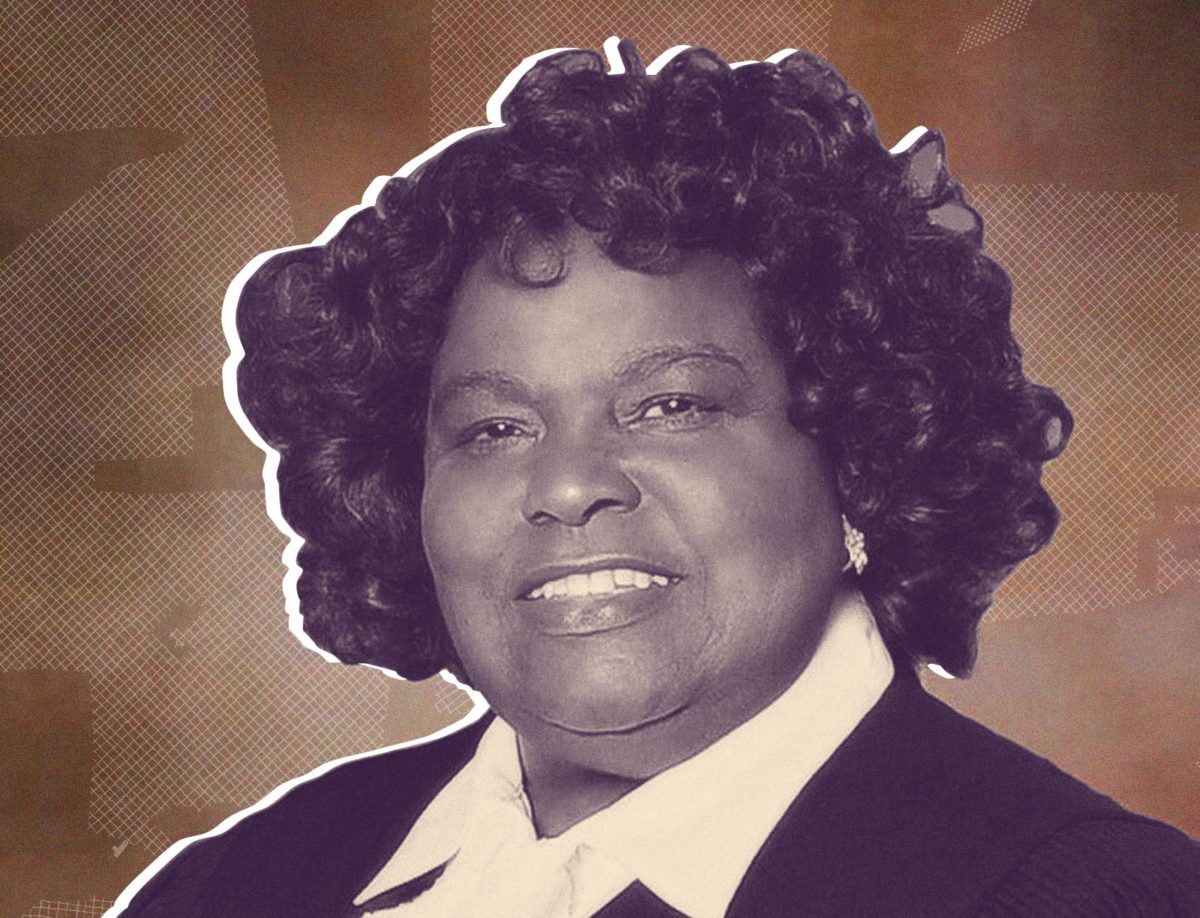
Former Louisiana Supreme Court Chief Justice Bernette Johnson’s fiery dissents on mass incarceration and sentencing in America’s most carceral state garnered international attention. But the rise of the first Black woman on the court was characterized by one battle after another with the Deep South’s white power structure.
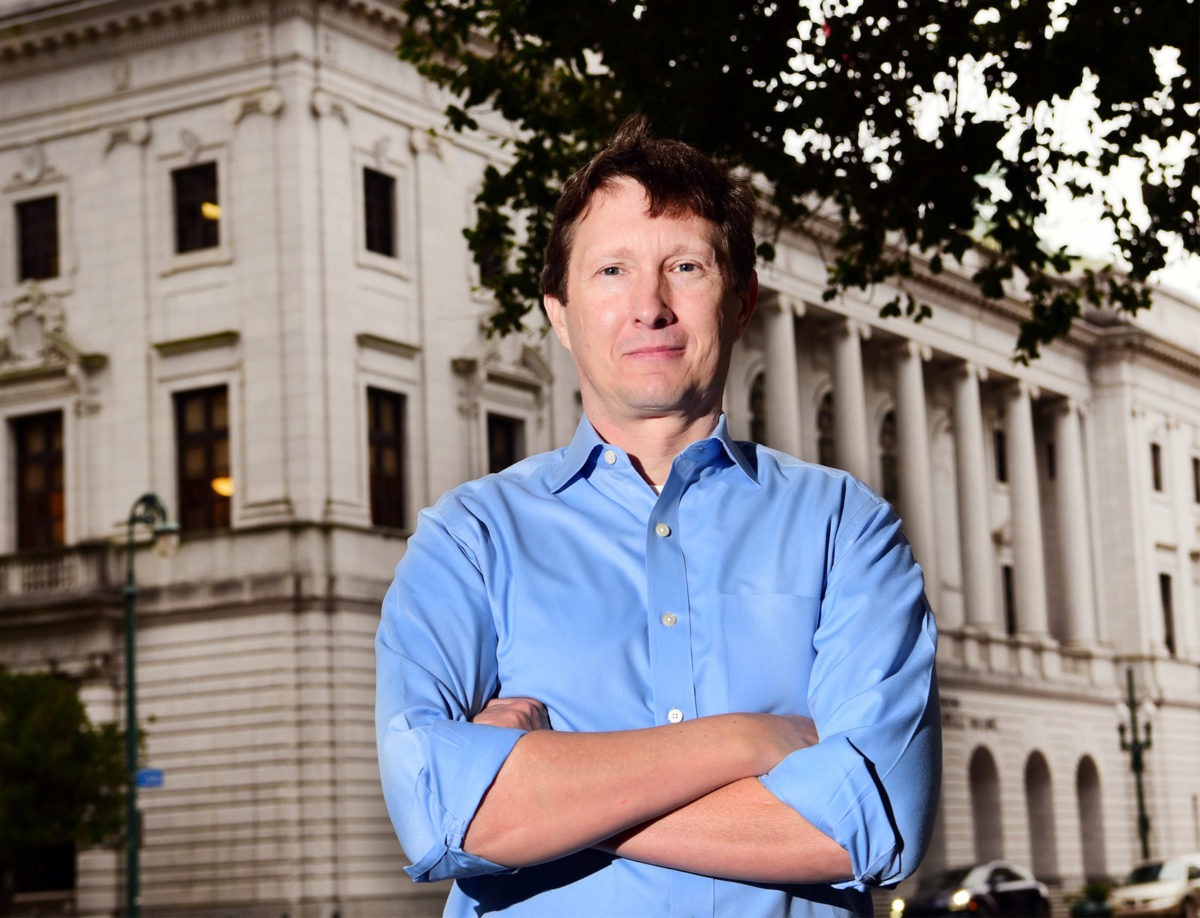
More than 20 women accused Harry Morel, a longtime district attorney in Louisiana, of sexual misconduct. But Morel pleaded guilty to just a single obstruction of justice count while Mike Zummer, the FBI agent who investigated him, was fired. Now, Zummer is speaking about what he says is a grave injustice—at the hands of the Justice Department.
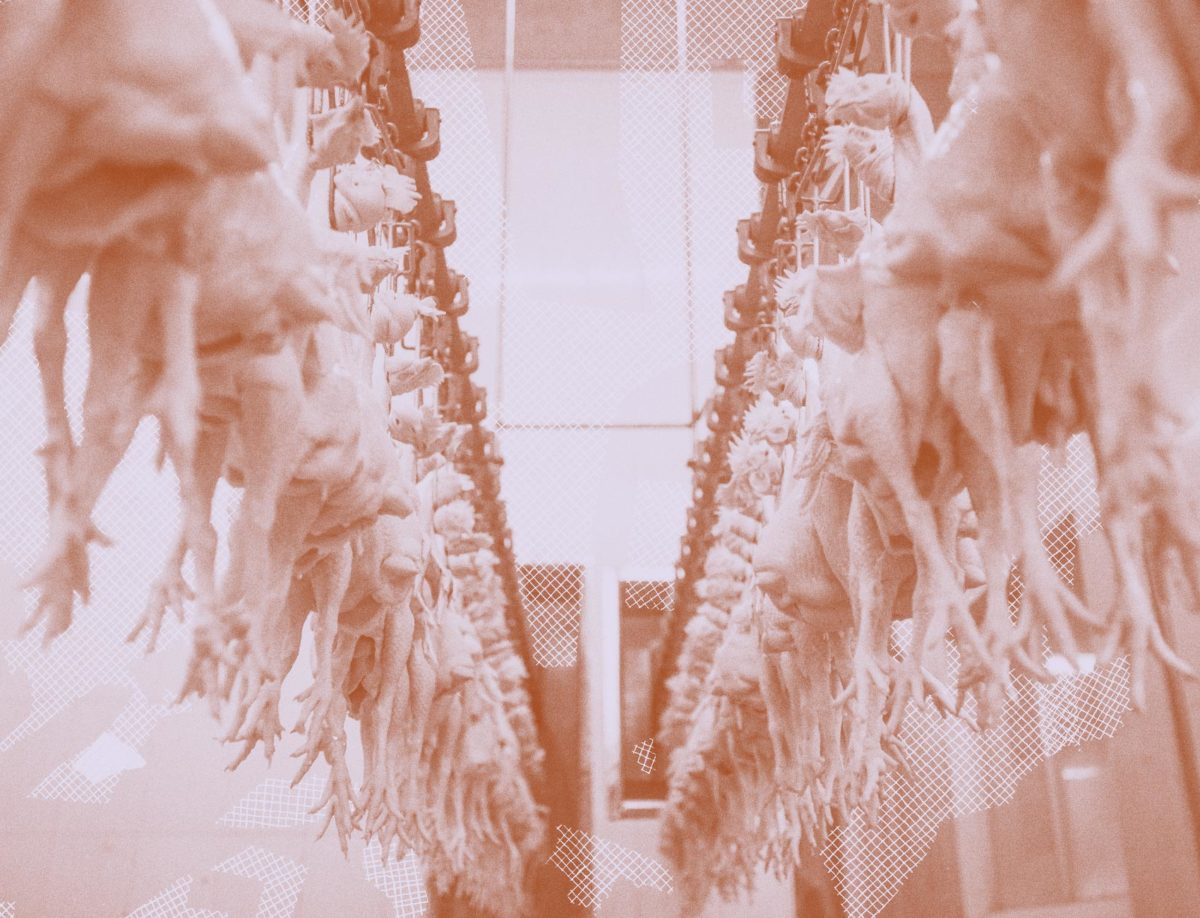
Despite COVID-19 concerns, the state’s prisoners are still doing dangerous menial jobs in work-release programs.
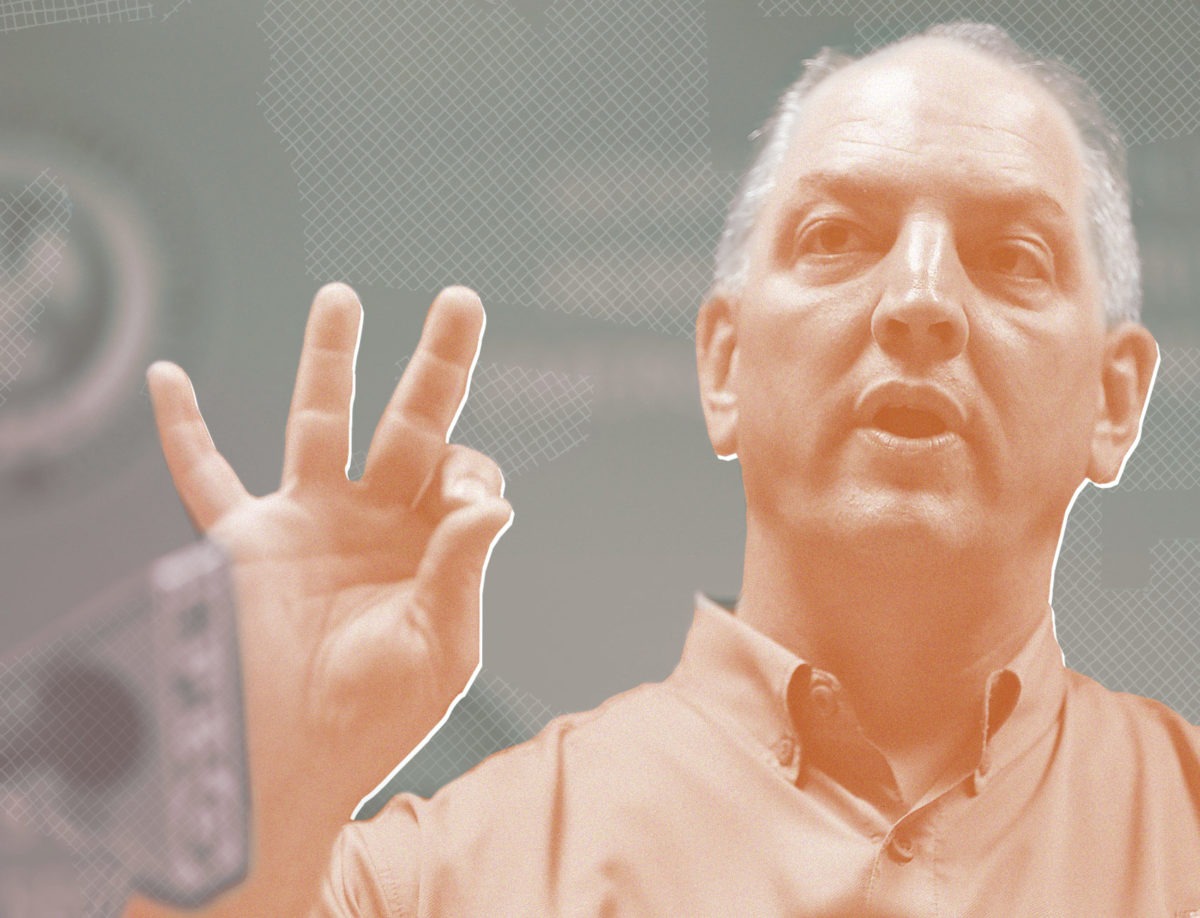
The state has recommended the release of 10 women at a coronavirus-ravaged prison—but Governor John Bel Edwards still hasn’t signed the paperwork.
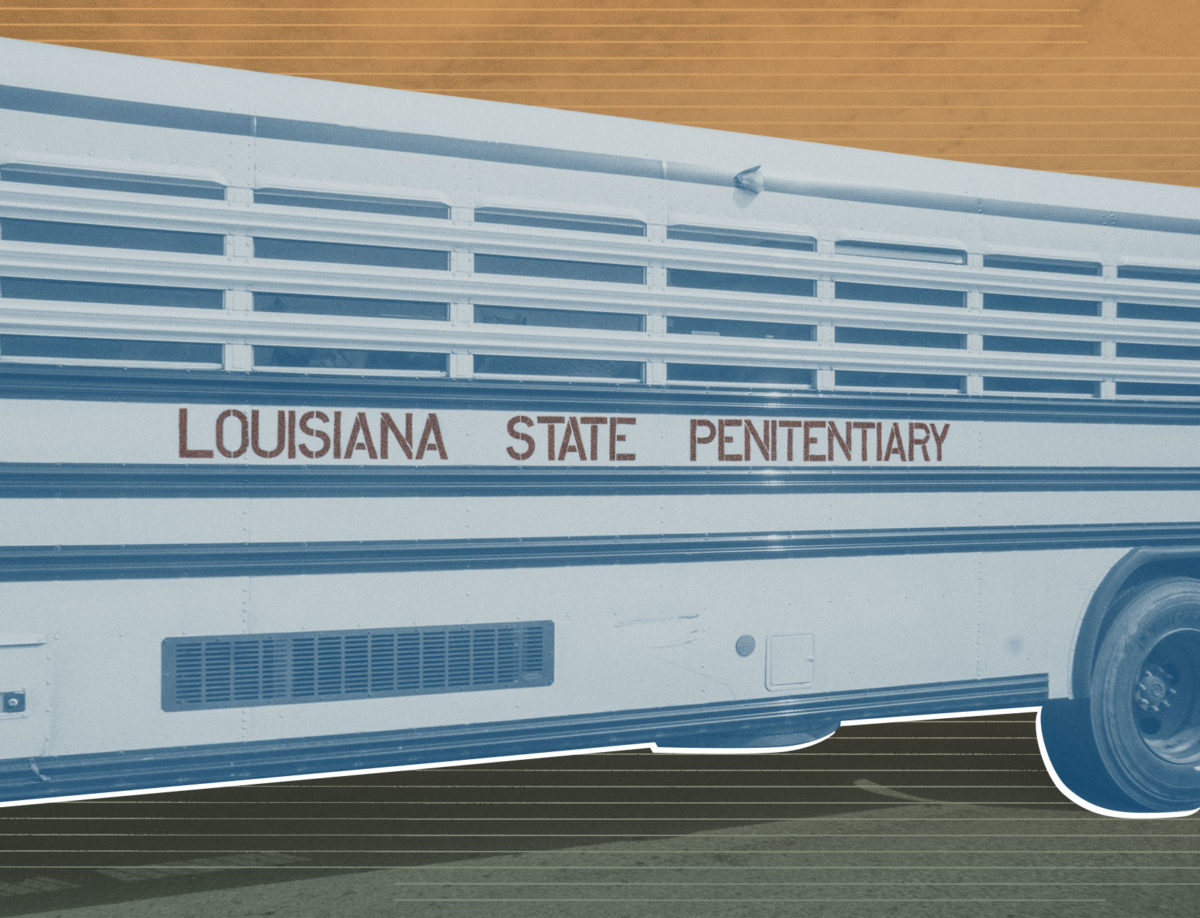
The state is sending virus-positive people to Angola prison—but those numbers aren’t reported on the Department of Corrections website.
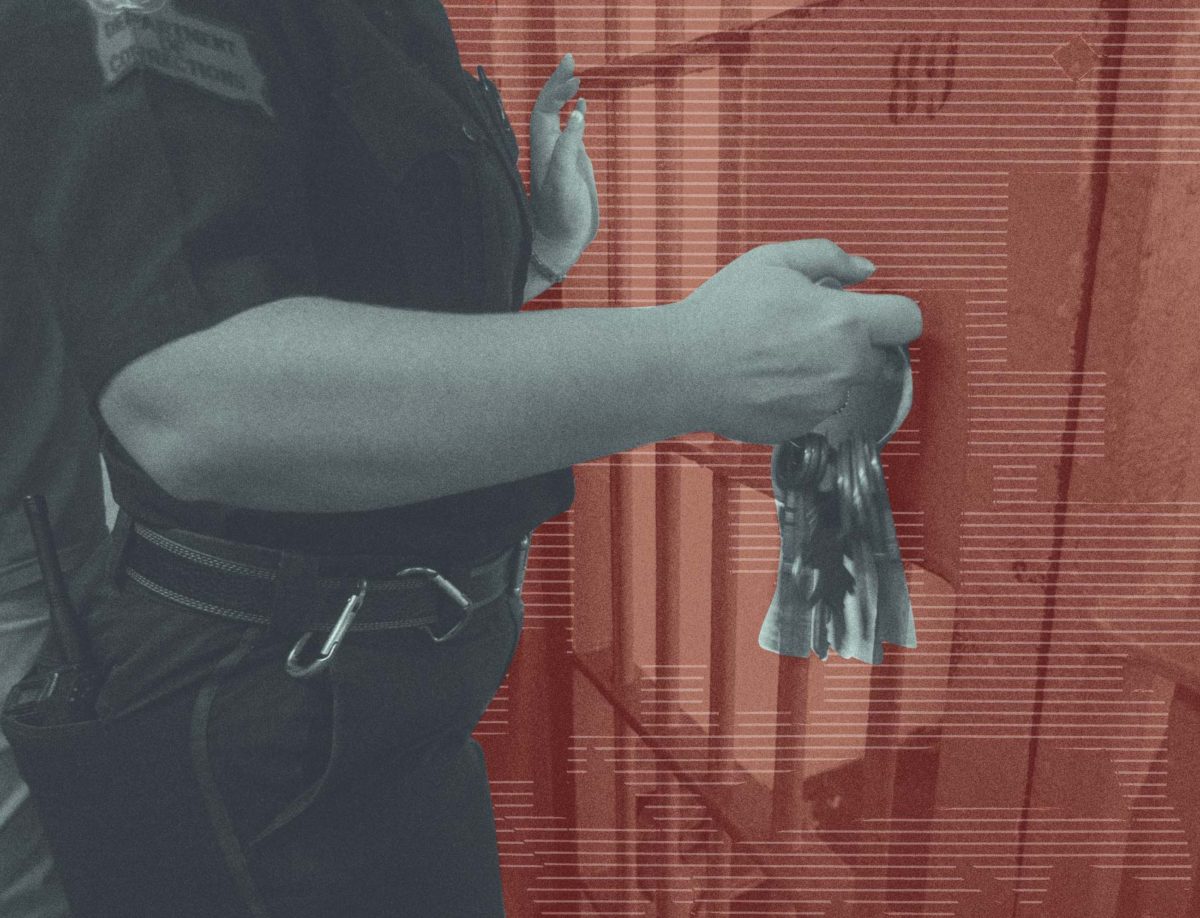
Towns like Homer, Louisiana, have huge prisons, a tiny populace, and few public health resources—a potentially lethal combination as COVID-19 spreads.
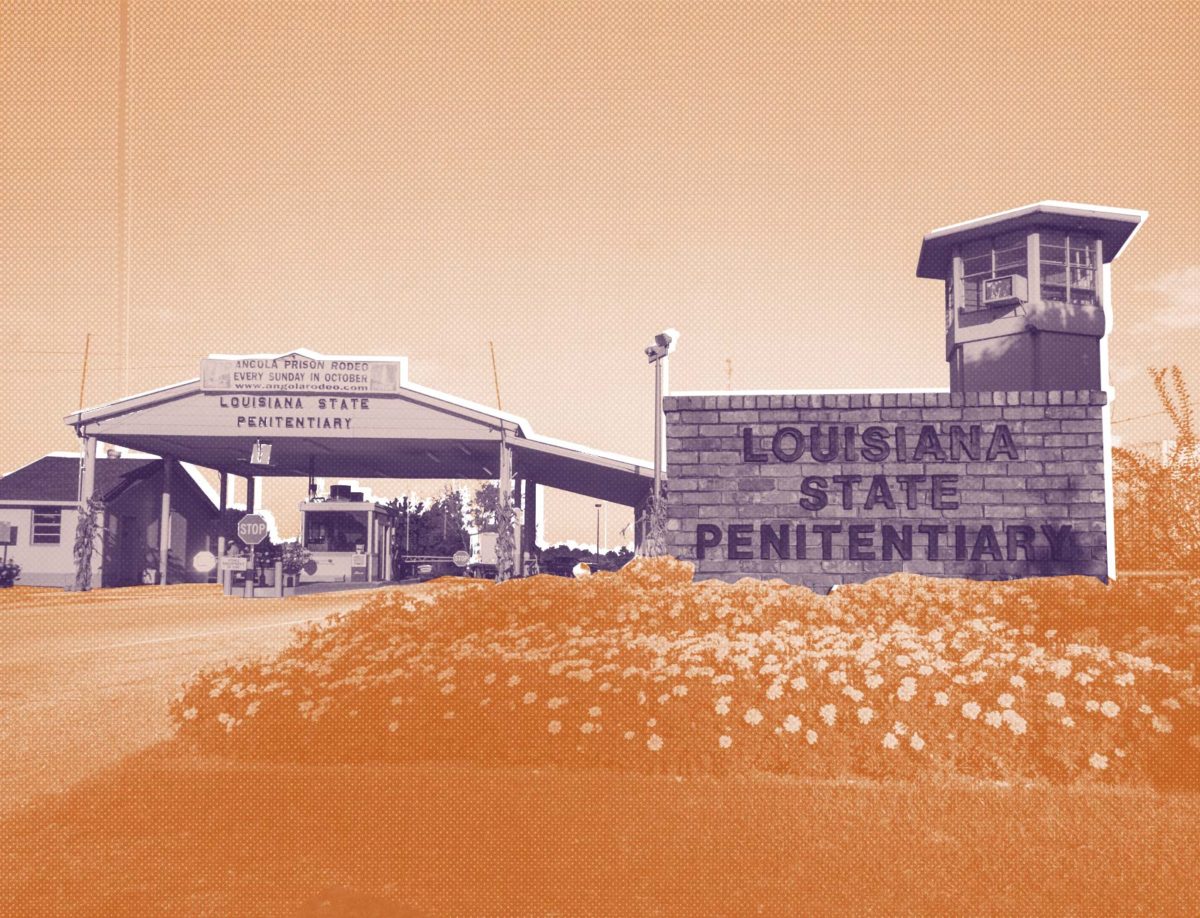
Criminal justice advocates have called Camp J at the Louisiana State Penitentiary ‘a dungeon.’ Now it’s housing prisoners who have been diagnosed with COVID-19.

Local budget cuts enacted a decade ago left states and cities dangerously unprepared for COVID-19. We shouldn’t make those same mistakes again.
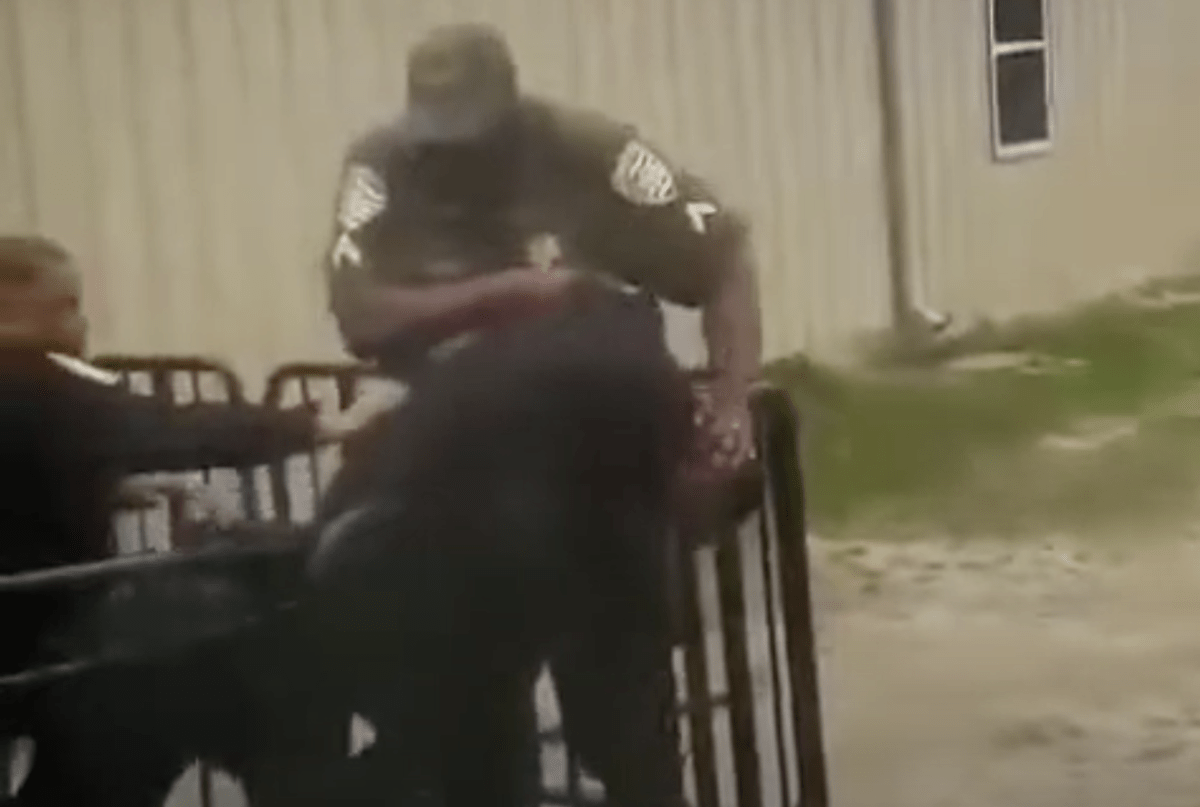
A sheriff’s deputy in Louisiana is caught on video choking a man after he says he asked for COVID-19 treatment.
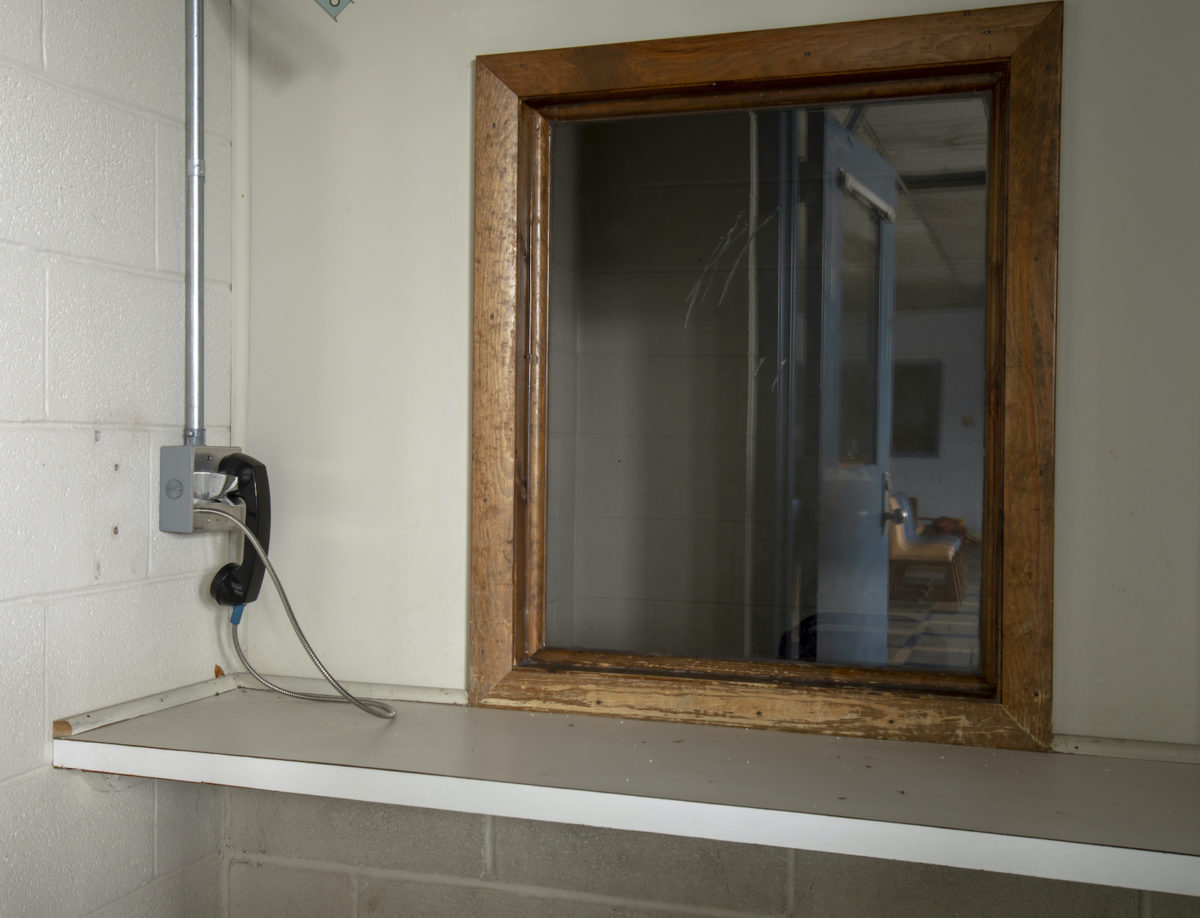
The families and partners of those incarcerated at the Federal Correctional Complex at Oakdale are sharing information and support as COVID-19 hits the prison.
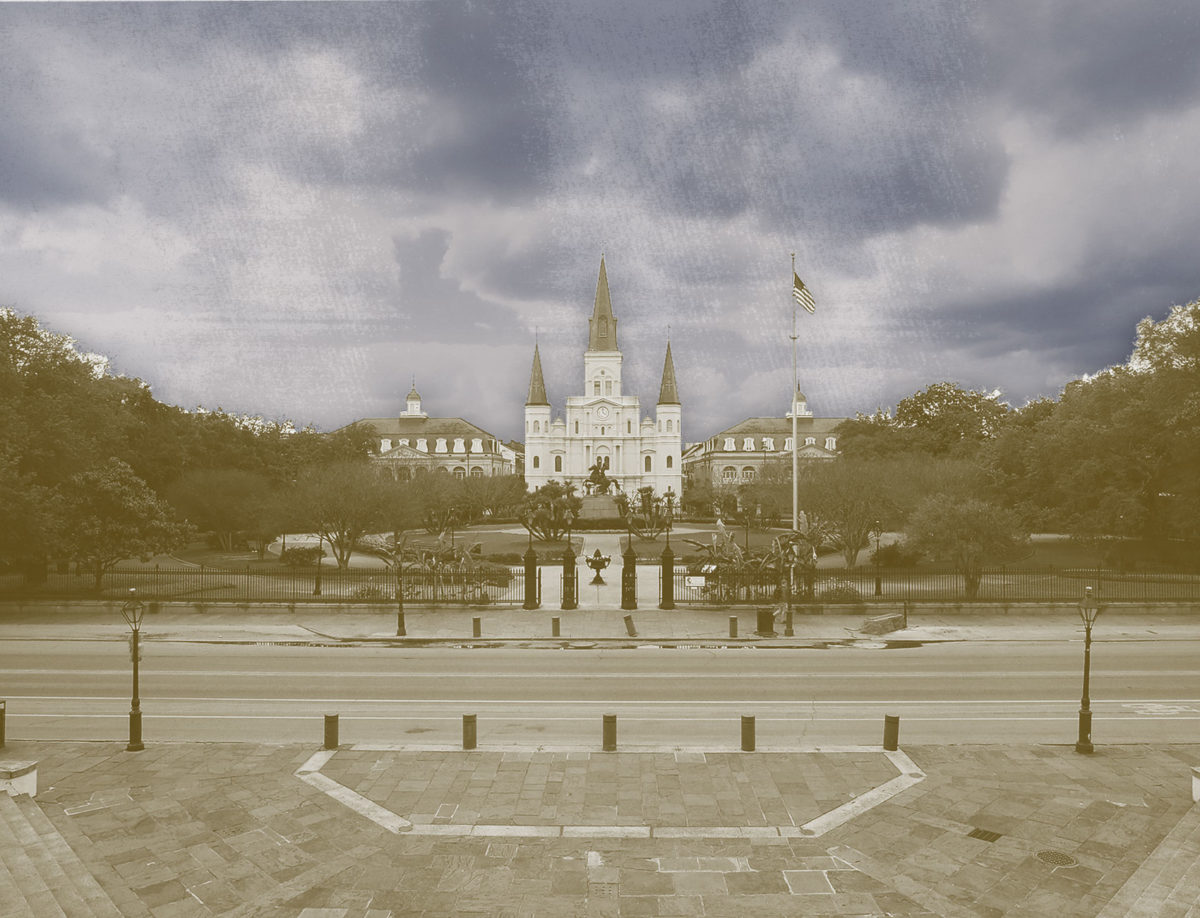
Powerful interests exploited Katrina to enrich themselves and transform the city. As a reporter who covered the fallout explains, our government’s lax oversight means the same could happen now, leaving those who most need help behind.
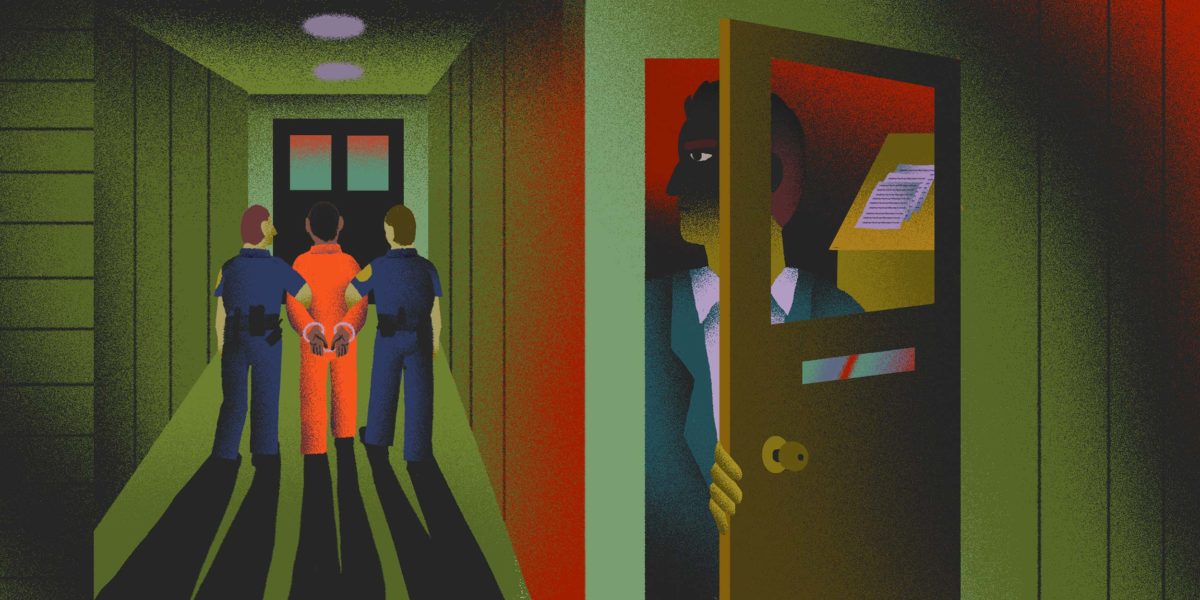
Jason Brown, who has worked in several parish DA’s offices, was accused of using illegal tactics to win at least one case before arriving in Calcasieu Parish, where he was terminated over alleged dishonesty in a continuance motion. Now, The Appeal has learned that he had segregation-era signs in an art studio he owned.
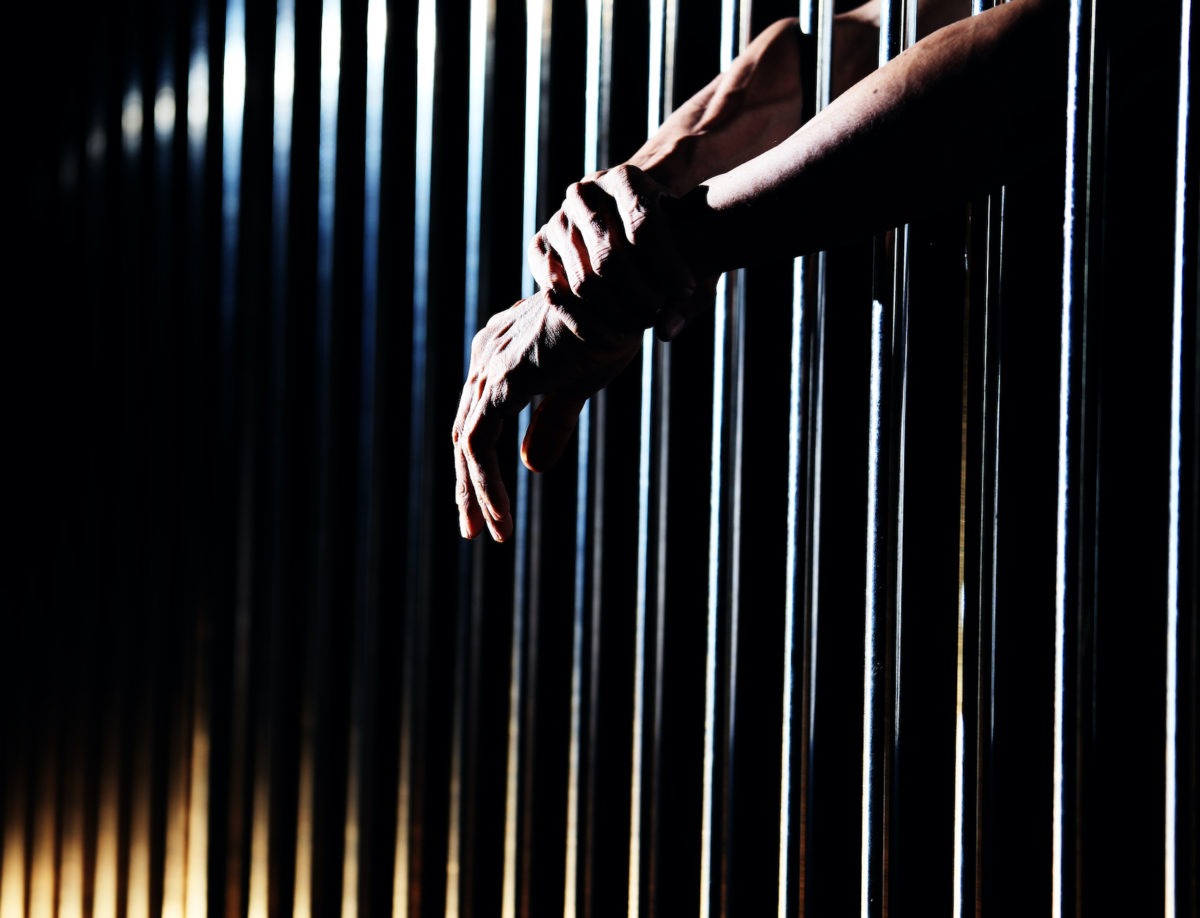
A Department of Corrections official knew the extrajudicial practice was going on but little has been done to correct it.
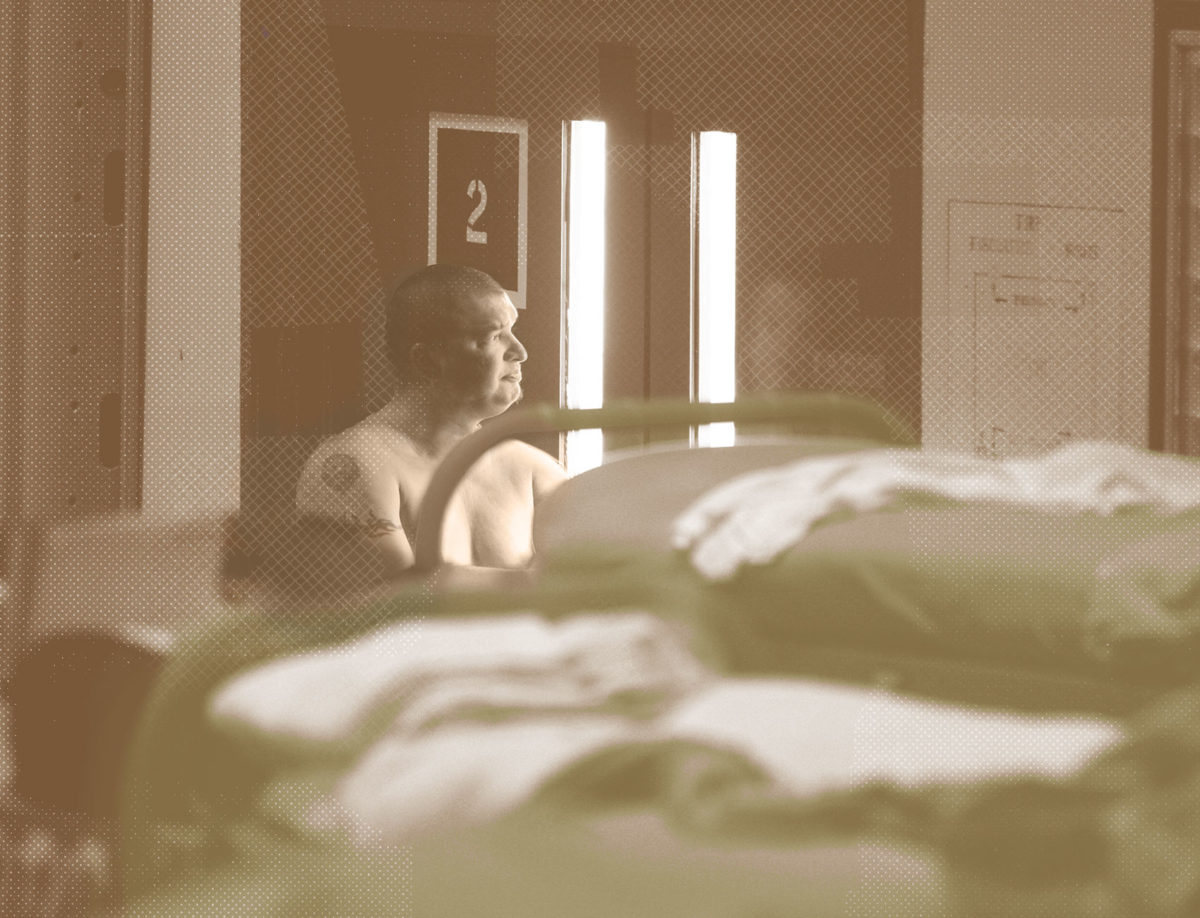
Jails in New Orleans and Cleveland have had significant population drops, yet conditions of confinement remain poor. Communities harmed by these jails should experiment with new accountability measures to maintain political pressure against jail administrators.
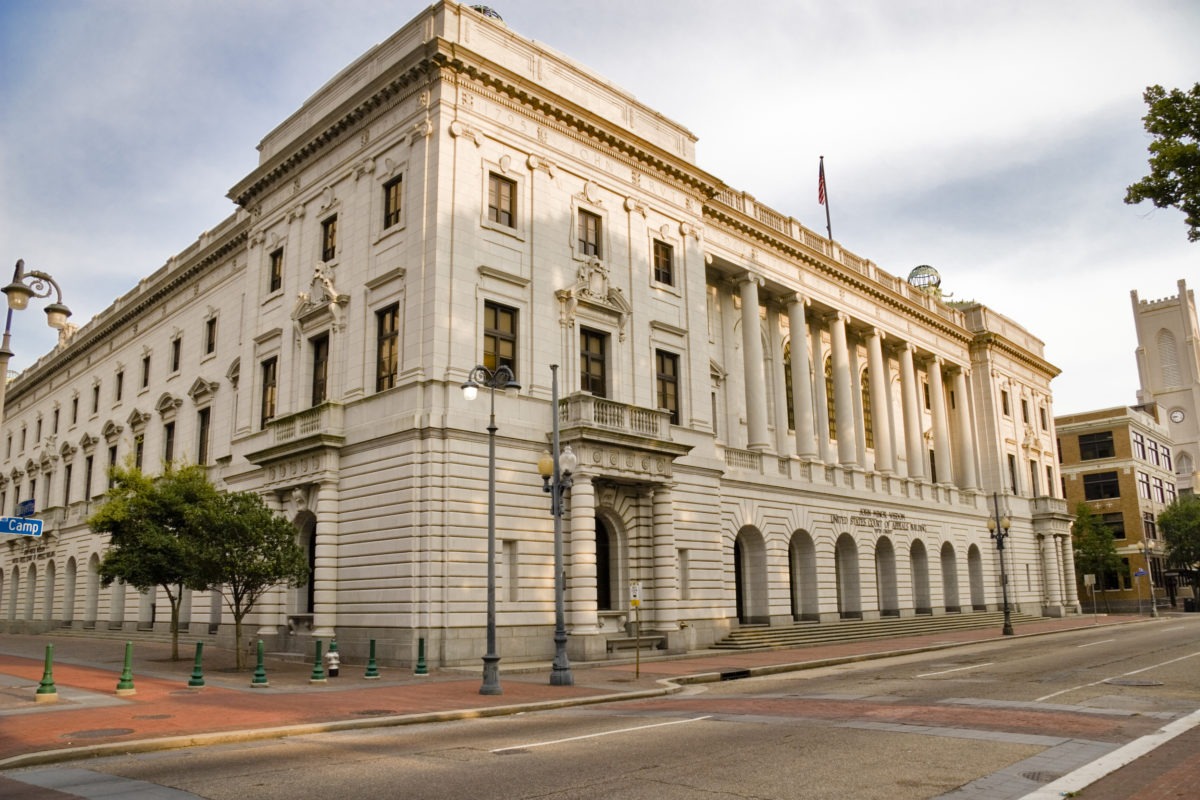
A lawsuit alleges Orleans Parish District Attorney Leon Cannizzaro’s office created bogus “subpoenas” to secure reluctant witnesses’ cooperation—and even used them to jail crime victims.
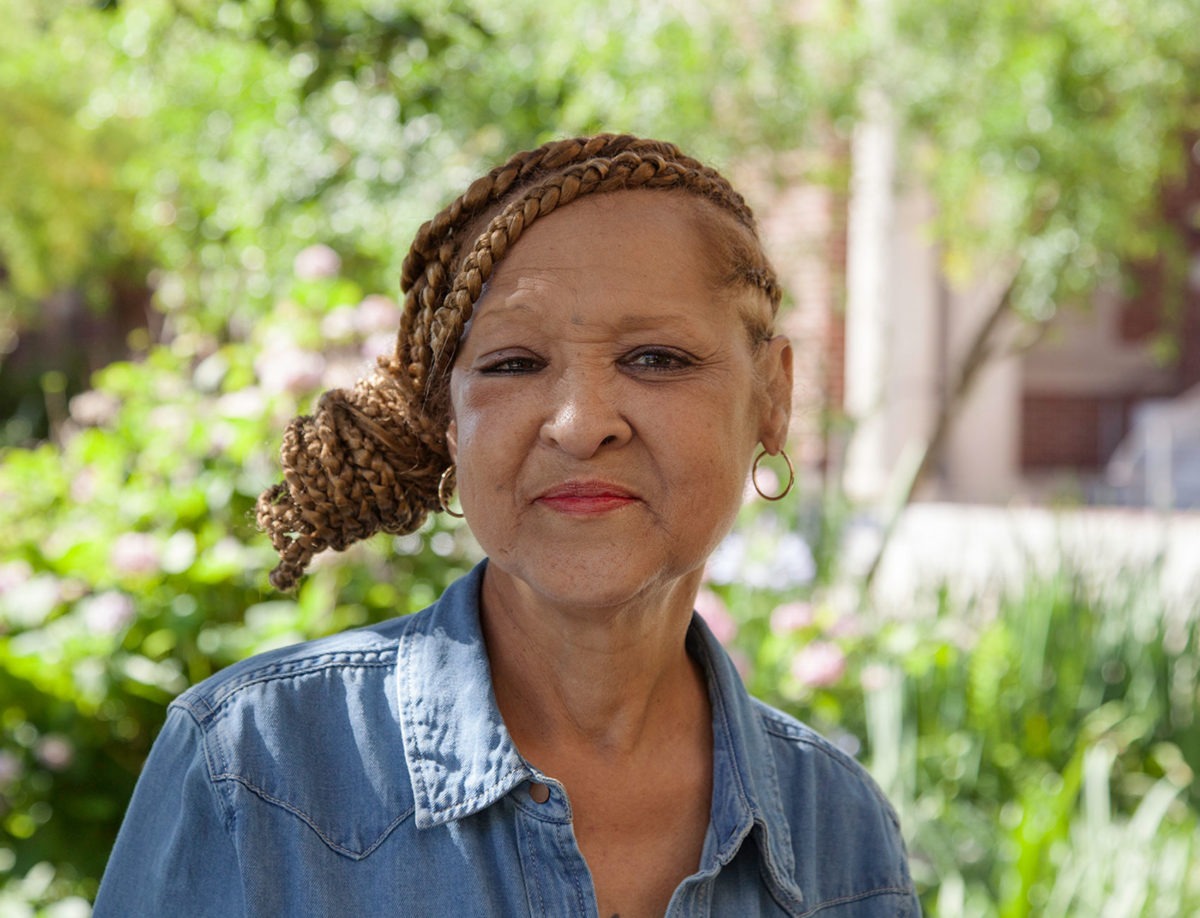
The poor healthcare that Bobbie Jean Johnson received during her more than 40 years in prison contributed to her death, family members say.
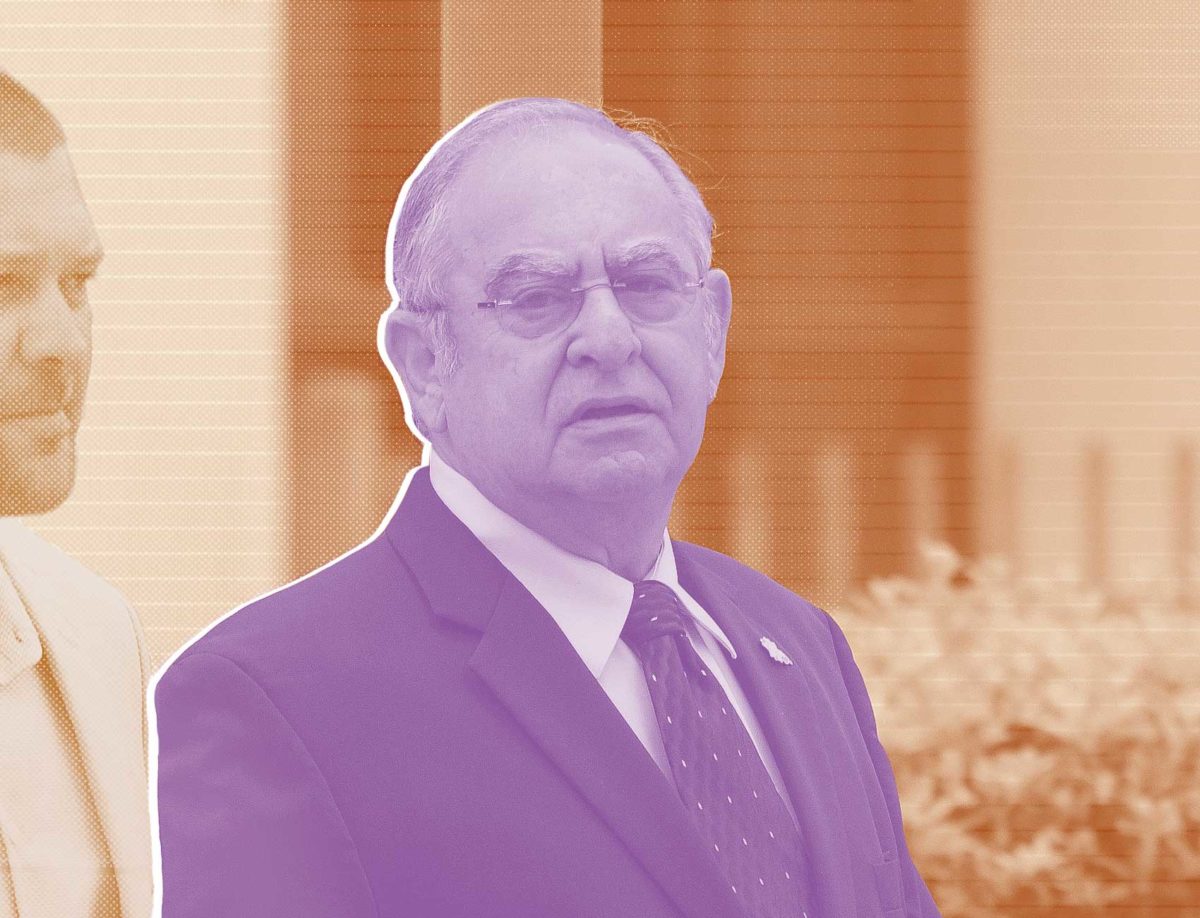
During the tenure of Iberia Parish Sheriff Louis Ackal, deputies assaulted and harassed men inside the parish jail. Several deputies were convicted in federal court, and now cases brought by the office are under renewed scrutiny.